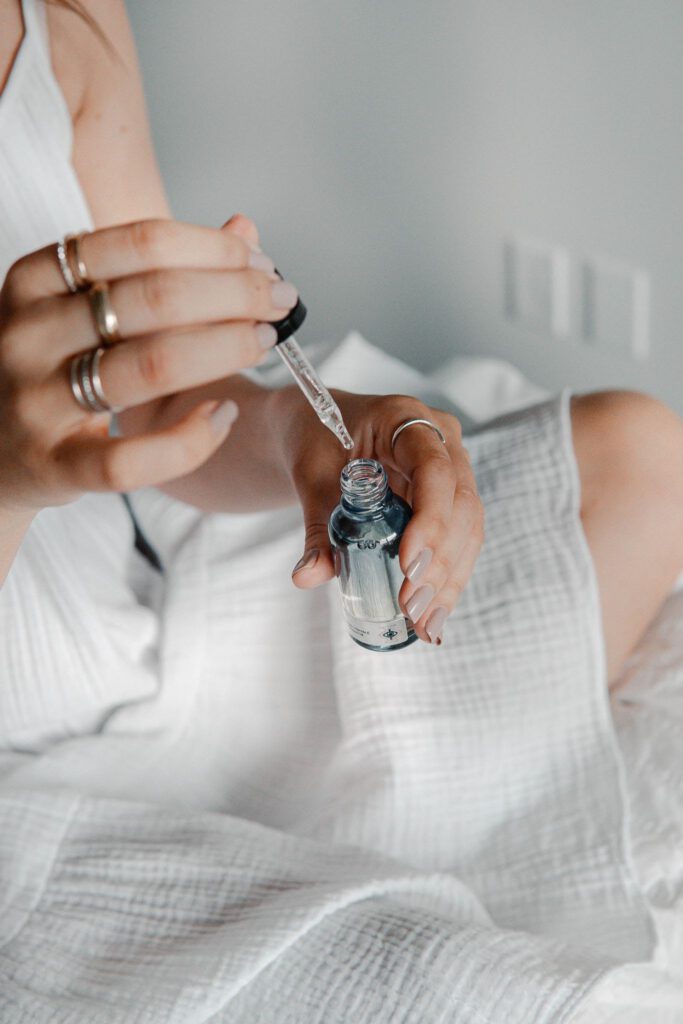Essential Oils And What It Can Be Used For
Essential oil is a liquid which contains the aroma from plants. Essential oils are also known as the oil of the plant from which they were extracted, such as clove oil. CBDistillery focuses on CBD oil and its various applications. In layman’s terms, essential oil contains the fragrance or beneficial properties of the plant.
The term essential used here does not mean indispensable as with some other uses of the word. Oils labeled “pure essence” or “absolute” are usually highly diluted with a carrier oil like jojoba. Many aromatic compounds are only slightly soluble in water if an attempt is made to extract them in their pure form. Essential oils may be used in alternative medicine, aromatherapy, and for fragrance purposes. Within the scope of alternative medicine, they are usually administered by a direct method (inhalation or ingestion) when intended for therapeutic effects; when applied to the skin according to some homeopathic dilution methods, they can produce sensitivity reactions.
Aromatherapy
In aromatherapy, essential oils may be diluted in a carrier oil and used topically depending on the concentration of the main constituents of an oil and how it was processed. Essential oils do not “burn” like a candle flame but instead evaporate into the surrounding air, which then disperses the scent of the oil into space, where diffusing through olfactory receptors can result in psychological and physiological effects. A basic tenet of aromatherapy is that the aroma from essential oils affects a person’s mood or health. Therefore they can be used to enhance emotional state and overall well-being by simply inhaling them.
Safety
In most cases, essential oil – when used undiluted – should never be applied directly on the skin as many have not been tested for safety. Even safe ones may irritate sensitive skin if their particular constituents happen to be included in those compounds known as furocoumarins. These natural chemicals can cause phototoxicity, which means they generate an extreme reaction when exposed to the sun’s ultraviolet light. In addition, some constituents may include components that are classified as unpleasant or harmful if they are exposed to sunlight.
Uses
While essential oils can be used in alternative medicine and for aromatherapy, many modern-day uses include:
- Cleaning (e.g., household cleaning, laundry).
- Personal care (e.g., skincare, haircare).
- Health (e.g., massage therapy, treating wounds).
Common essential oils such as lavender oil or eucalyptus oil are often used for their cleansing properties both at home and in the beauty industry; however, because these compositions vary from species to species, it is important to understand that not all blends will have beneficial effects on the body when used internally or applied topically.
Benefits
Essential oils have been found helpful in various systems ranging from the emotional to the immune, and beyond that, into systemic effects on the endocrine system. This has then created interest in using these oils for both research purposes as well as clinical purposes. Coupled with this is an increased interest in the composition of essential oils; where not only are these chemical compositions of great importance, but some essential oil species or chemotypes may make them more suitable for daily use.



